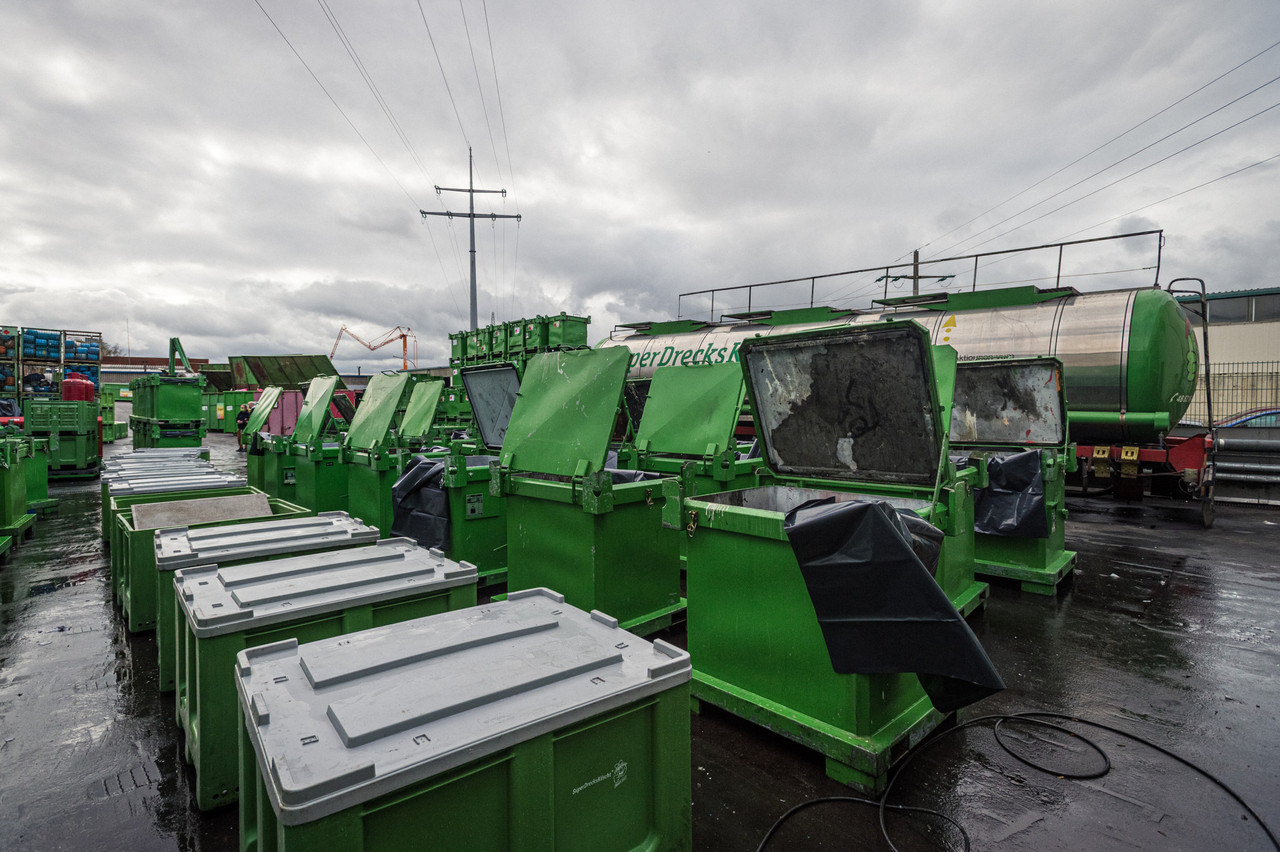News outlet Reporter.lu in February revealed ties between Hans-Peter Walter--the co-owner of Oeko-Service Luxembourg, which runs the SuperDrecksKëscht (SDK)--and Robert Schmit, an official at the government’s environment administration.
The story on whether the government respected rules for tender and over the market monopoly held by SDK, which manages the recovery, recycling and disposal of waste.
The environment ministry following discussions with lawmakers commissioned an independent audit. The results, presented on 17 September, conclude that the 2017 contract between the ministry and Oeko-Service was signed “in accordance with the legal framework.”
Auditors found nothing illegal about the procedure through which Oeko-Service gained the lucrative deal--an 11-year contract worth some €97m.
However, in the wake of the audit, environment minister Carole Dieschbourg (Déi Gréng) on Friday presented a series of measures to improve the cooperation between the government and the provider.
These include reviewing aspects of the contract, for example digitalisation of billing processes, and strengthening the role of a steering committee that oversees activities.
The firm that carried out the audit, Muller & Associés, also recommended that an ad-hoc committee created to negotiate the deal back in 2017 should in future include more financial expertise.
It also suggested that reviewing the terms of the contract between the state and SDK could open the field up to other players in the market.
Even though it found no anomaly in how the contract was managed, the audit did not comment on the government choosing a negotiated procedure for procurement rather than a public call for tender. Under the negotiated procedure, the contracting authority approaches one or more suppliers to negotiate the terms of the contract without advertising it.
